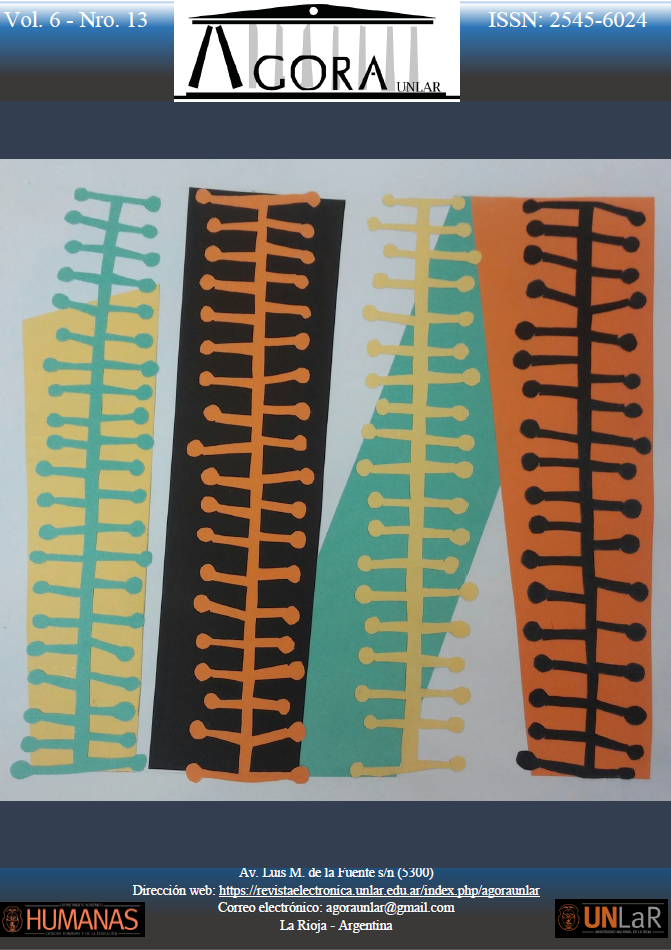Tecnologías de género y criminalización de madres “incompetentes”: el caso de Inti Rayen Paillalef
Keywords:
sentencia de impugnación, tecnologías de género, relato patriarcal, voto disidente, (in)justiciaAbstract
Este artículo analiza la gestión penal de un acontecimiento ocurrido en la ciudad de Neuquén el 13 deseptiembre de 2011, por el que se condenó -por mayoría- a Inti Rayen Paillalef a quince años de prisióndeclarándosela responsable por la muerte de su hijo de tres meses de edad. La sentencia de impugnación enabril de 2014 revocó la decisión absolviendo a Inti acogiendo el razonamiento del voto disidente. El artículoexamina las tecnologías de género activadas por el sistema penal tras el velo jurídico de imparcialidad,vinculadas a las múltiples opresiones como variables de poder que atraviesan la existencia de Inti y quecristalizaron su rol de victimaria en el proceso penal al tiempo que reforzaron el privilegio del padre del niño,co-imputado por el hecho.AbstractThis article analyses the penal procedure of an event that took place in the city of Neuquén, on September 13,2011, which resulted in the conviction –through majority voting- of Inti Rayen Paillalef to 15 yearsimprisonment. She was pronounced guilty of the death of her three-month-old son. The challenge judgementin April 2014 reversed the decision and acquitted Inti on the basis of the dissenting vote. The article examinesthe gender technologies activated by the penal system behind the legal veil of impartiality, and related to themultiple oppressions as variables of power that cut across Inti’s existence and cristalized her rol as victimizerin the penal process and, at the same time, reinforced the privilege of the child’s father, also accused of thecrime.Keywords: challenge judgement, gender technologies, patriarchal discourse, dissenting vote, (in)justiceDownloads
Published
2021-04-11
Issue
Section
ARTÍCULOS DE INVESTIGACIÓN O REVISIÓN TEÓRICA





